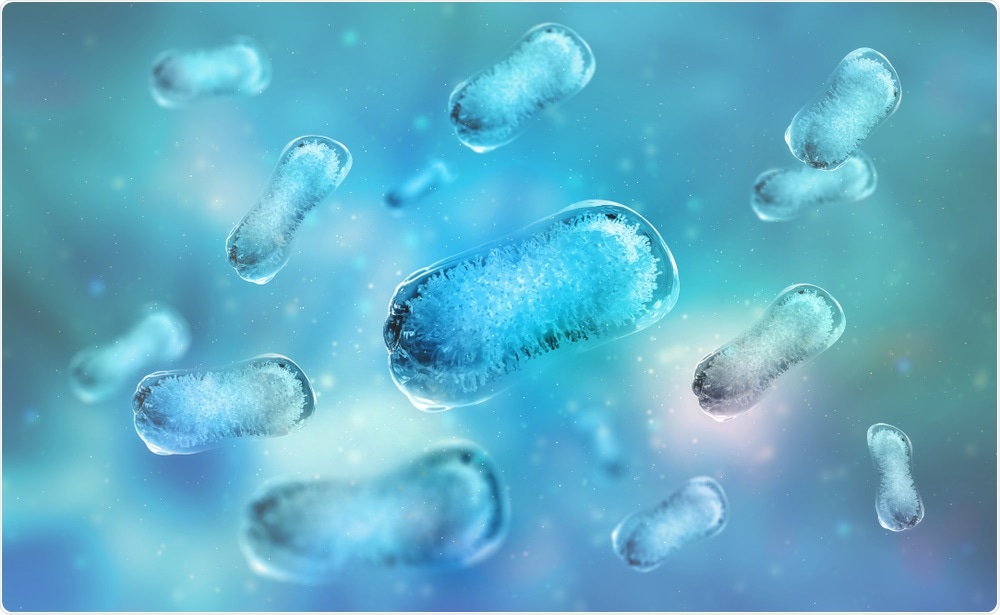Researchers investigating the gut microbiome have isolated more than a hundred bacterial species that have never previously been identified. The discovery has led to the creation of what is now the most comprehensive database of human health-associated intestinal bacteria to date.
 Yurchanka Siarhei | Shutterstock
Yurchanka Siarhei | Shutterstock
The new resource will enable researchers to identify the bacteria residing in the intestine more accurately and more quickly than has ever been possible before and pave the way for new approaches to treating disorders, infections and immune conditions of the gut.
This important resource will fundamentally change the way researchers study the microbiome."
Dr. Samuel Forster, First Author
The gut microbiome plays a major role in human health; imbalances in the intestinal flora can contribute to conditions such as irritable bowel syndrome, inflammatory bowel disease and obesity.
Current techniques for culturing intestinal bacteria are hindered by the fact that many species are difficult to grow, creating a huge gap in scientists’ understanding of them.
Standard approaches to studying the impact of the gut microbiome on human health involve sequencing DNA mixtures of gut bacteria and trying to analyse the individual components. However, such approaches are hindered by a lack of individually-isolated bacteria.
Now, researchers from the Wellcome Sanger Institute, Hudson Institute of Medical Research and EMBL's European Bioinformatics Institute, have managed to grow and sequence 737 separate strains of bacteria using fecal samples taken from 20 individuals in Canada and the UK.
As reported in the journal Nature Biotechnology, analysis of those strains identified 273 individual bacterial species, including 173 that had never been sequenced before and of those, 105 that had never been isolated before.
This new collection of reference genomes from individually isolated bacterial species will make it much easier for scientists to determine the bacteria present within communities of people and to investigate the role they play in disease.
For researchers trying to find out which species of bacteria are present in a person's microbiome, the database of reference genomes from pure isolates of gut bacteria is crucial. Then if they want to test a hypothesis, for example that a particular species is enriched in a certain disease, they can get the isolate itself from the collection and physically test in the laboratory if this species seems to be important.
Dr. Rob Finn, Co-author
Senior author Trevor Lawley says that by culturing the unculturable, the team have created a resource that will be a “game-changer” for basic and translational microbiome research; it will enable faster, more accurate and cheaper analysis that will further scientists’ understanding of the gut microbiome and its function.
“Ultimately, this will lead us towards developing new diagnostics and treatments for diseases such as gastrointestinal disorders, infections and immune conditions," concludes Finn.
Source
More than 100 new gut bacteria discovered in human microbiome.